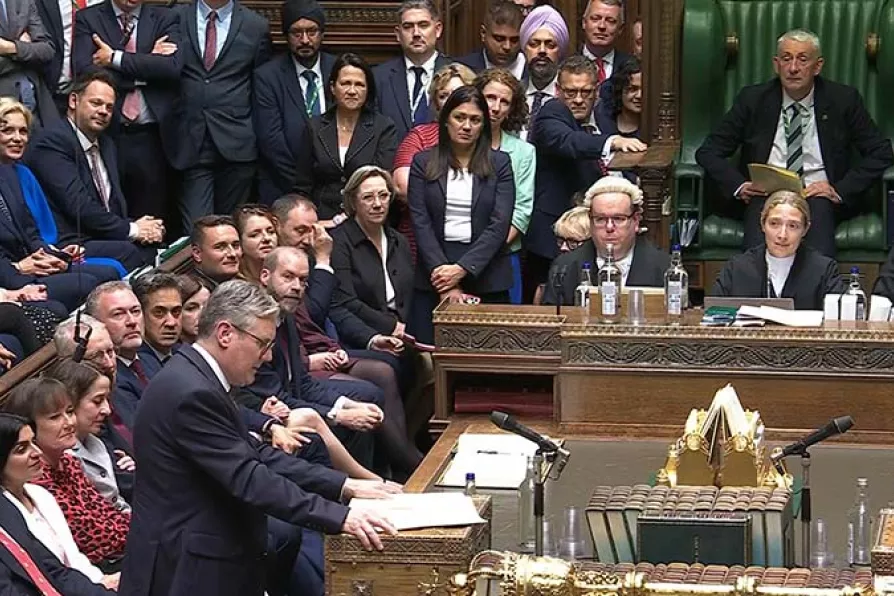Does widespread and uncontrolled use of AI change our relationship with scientific meaning? Or with each other? ask ROX MIDDLETON, LIAM SHAW and MIRIAM GAUNTLETT

 Prime Minister Sir Keir Starmer speaking in the House of Commons as Parliament returned with Labour ministers on the Government front bench for the first time in more than a decade
Prime Minister Sir Keir Starmer speaking in the House of Commons as Parliament returned with Labour ministers on the Government front bench for the first time in more than a decade
IN EARLY July the newly elected Scottish Labour MPs started arriving in Westminster just a day or two after the general election.
The 34 first-time elected MPs were joining Douglas Alexander who, after nine years’ absence, found himself back in a front-bench position, along with Michael Shanks, an MP for less a year, who now had a post in the Department of Energy.
Ian Murray, unsurprisingly, had been quickly confirmed as the Secretary of State for Scotland. These three excepted, there were no old hands to teach the new MPs the ropes and guide them through the challenges of being a Scottish MP in the UK Parliament.

On the release of her memoir that reveals everything except politics, Sturgeon’s endless media coverage has focused on her panic attacks, sexuality and personal tragedies while ignoring her government’s many failures, writes PAULINE BRYAN












